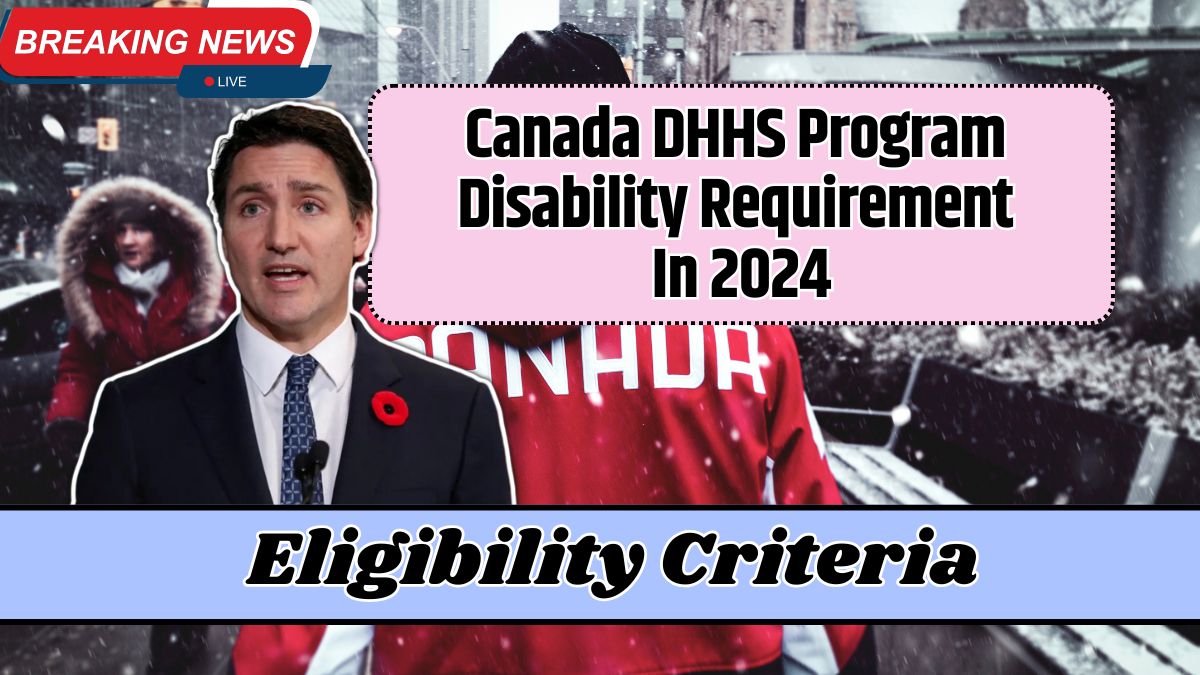In 2024, over 200,000 Personal Independence Payment (PIP) claims were canceled, leaving many beneficiaries concerned about their financial support.
PIP is vital for people with disabilities or long-term health conditions to manage additional living costs.
This article explores the reasons behind these cancellations, what the reassessment process entails, and how you can protect your claim.
Overview
The Department for Work and Pensions (DWP) reassesses PIP claims regularly to ensure recipients still meet eligibility criteria. This year’s spike in cancellations highlights tighter scrutiny of claims amidst growing demand and system pressures.
Key Figures
| Aspect | Details |
|---|---|
| Claims Canceled | Over 200,000 in 2024 |
| Approval Rate | 41% of new claims under standard rules |
| Mandatory Reconsiderations | 34% lead to an appeal |
| Key Factors | Stricter assessments, backlog, and demand |
What Is PIP?
PIP is a UK government benefit supporting people aged 16-64 who face additional costs due to disabilities or long-term conditions. The benefit consists of two components:
- Daily Living: For assistance with tasks like dressing, cooking, or managing medication.
- Mobility: For help with moving around, whether on foot or using a vehicle.
Eligibility depends on how much your condition impacts daily life rather than the condition itself.
Why Claims Are Being Canceled
A combination of policy changes, stricter assessments, and growing demand has led to an unprecedented number of PIP claim cancellations.
Stricter Assessments
The DWP has tightened its evaluation process, aiming to ensure PIP supports only those who genuinely meet the criteria. Health improvements or changes in circumstances often lead to reassessments and potential cancellations.
Eligibility Changes
Updates to PIP guidelines have altered the interpretation of key criteria, such as what constitutes “daily living” or “mobility” needs. These changes make it harder for some claimants to qualify.
Increased Demand
As awareness of PIP grows, more people are applying for the benefit, particularly among the aging population. This demand has created a backlog, leading to rushed decisions and increased cancellations.
Errors in Processing
The pressure to process claims faster sometimes results in mistakes, such as missing paperwork or incorrect assessments, which may unfairly lead to cancellations.
The Reassessment Process
Understanding how PIP reassessments work can help you prepare and protect your claim.
Step-by-Step Process
- Claim Submission: Provide detailed information about your condition and how it affects daily life.
- Assessment: A healthcare professional evaluates your ability to manage specific tasks.
- Reassessment: Claims are periodically reviewed to determine continued eligibility. This may involve another assessment.
- Outcome: Payments may continue, reduce, or stop depending on the findings.
- Appeals: If dissatisfied with the decision, you can request a mandatory reconsideration and, if necessary, appeal to a tribunal.
How to Navigate the Reassessment
If your PIP claim is under review or has been canceled, taking proactive steps can make a difference.
Practical Tips
- Keep Accurate Records: Document all medical appointments, treatments, and condition updates.
- Understand Eligibility Criteria: Familiarize yourself with the current PIP guidelines.
- Seek Professional Help: Consult organizations like Citizens Advice or welfare rights advisers.
- Prepare Thoroughly for Assessments: Provide detailed answers about how your condition affects daily life. Bring supporting documents like medical reports.
- Don’t Hesitate to Appeal: Many PIP decisions are overturned at appeal.
Protecting Your PIP Claim
To reduce the risk of cancellation, follow these steps:
- Report Changes Promptly: Notify the DWP of any changes in your condition, whether improvements or worsening.
- Ensure Medical Evidence Is Updated: Include detailed reports from healthcare providers when submitting claims or appeals.
- Monitor Deadlines: Respond to any requests or appeals promptly to avoid complications.
- Consider Reapplying: If your claim is canceled but your condition hasn’t improved, reapplying could yield a better outcome.
Support and Resources
Several organizations can provide guidance and assistance with PIP claims:
- Citizens Advice: Offers detailed advice on benefit applications and appeals.
- Disability Rights UK: Provides resources and support for individuals navigating the welfare system.
- DWP Helpline: Contact the DWP directly for specific queries or updates on your claim.















